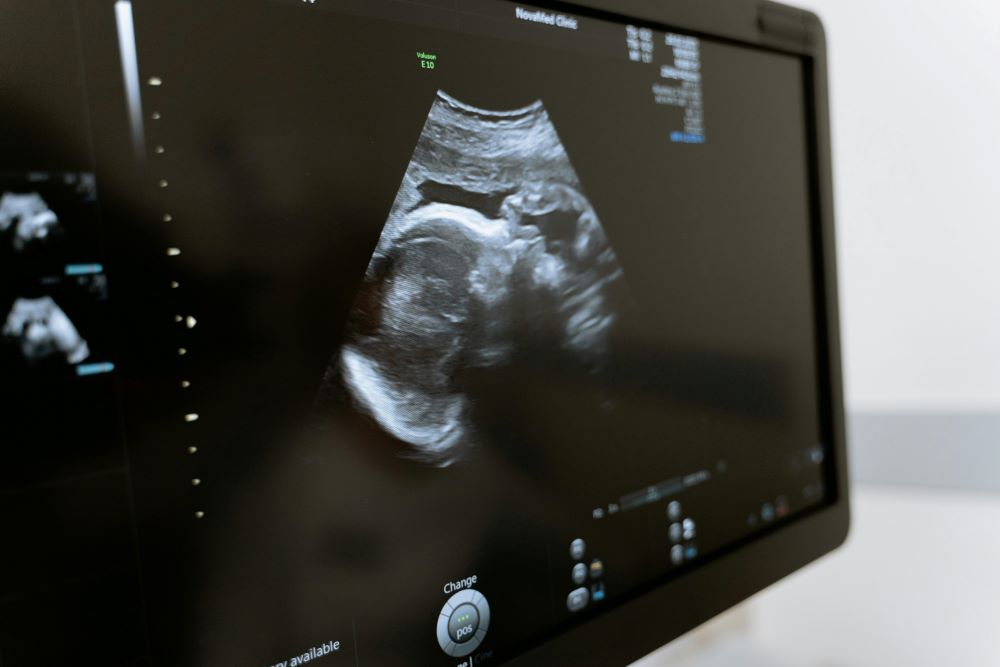Women who regularly use anti-asthma medications are more likely to experience child-bearing complications.
A recent study presented at the European Respiratory Society (ERS) Congress in Vienna, Austria, revealed a link between a certain asthma treatment and higher rates of miscarriage and fertility issues among women. The research highlights that while women being treated for asthma may face more challenges in conceiving, they still tend to have the same likelihood of giving birth as non-asthmatic women.
Asthma is a chronic lung condition characterized by inflammation and narrowing of the airways, leading to difficulty breathing. It involves recurring symptoms such as wheezing, shortness of breath, chest tightness, and coughing, which can be triggered by allergens, exercise, cold air, and stress, among other factors. In asthma, the airways become hypersensitive and can swell or produce excess mucus, further restricting airflow. Symptoms range from mild to severe.
The team, led by Dr. Anne Vejen Hansen from the respiratory medicine department at Copenhagen University Hospital in Denmark, conducted the largest study focused on reproductive outcomes for women with asthma. Hansen explained, “Asthma is prevalent in women of childbearing age, and previous research has already suggested that women with asthma take longer to conceive and are more likely to require fertility treatment. However, many of these studies focused on women who have successfully become pregnant, so we wanted to take a broader look at the overall reproductive picture, including those who never conceived.”

The researchers analyzed data from Danish women born between 1976 and 1999, tracking their reproductive outcomes from 1994 to 2017. In total, 769,880 women were included in the study, with those who regularly used anti-asthma medications classified as “asthmatic.” Their findings showed that women with asthma experienced a higher rate of fetal loss (17%) compared to women without asthma (15.7%). Additionally, 5.6% of women with asthma required fertility treatment compared to 5.0% of non-asthmatic women.
Interestingly, despite the increased risk of miscarriage and higher need for fertility assistance, the proportion of females who successfully gave birth was the same for both groups (77%). This finding suggests that while asthma may pose additional reproductive challenges, it does not necessarily impact the chances of ultimately entering parenthood.
Hansen said, “Our findings show that women with asthma tend to experience more fetal loss and are more likely to undergo fertility treatment. The severity of asthma, including flare-ups, correlates with an increased need for fertility assistance. However, it is encouraging to see that these women still have the same rate of live births as those without asthma, indicating that many women with asthma can successfully conceive and have healthy babies.”
The exact reasons behind these fertility issues are not fully understood, but systemic inflammation may play a role. Inflammatory processes, including the reproductive organs, could present with asthma and be contributing factors.
Professor Lena Uller, Chair of the ERS group on Airway Pharmacology and Treatment, said of the findings, “It’s reassuring that asthma doesn’t seem to affect live birth rates, but the study’s results do highlight the importance of managing asthma for women planning to start a family. Uncontrolled asthma appears to exacerbate fertility problems, so ensuring that these women have their asthma well-controlled could make a difference in their reproductive outcomes.”
The study also opens the door to future research on the impact of asthma on male fertility. Hansen mentioned that a similar study focusing on the potential effects of asthma in men is already underway.
Sources:
Asthma Raises Miscarriage, Fertility Treatment Risks for Women
Asthma treatment linked to higher miscarriage rates and fertility challenges


Join the conversation!